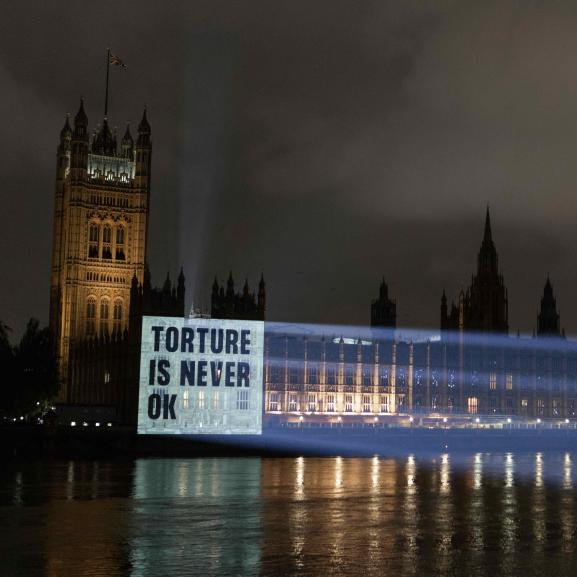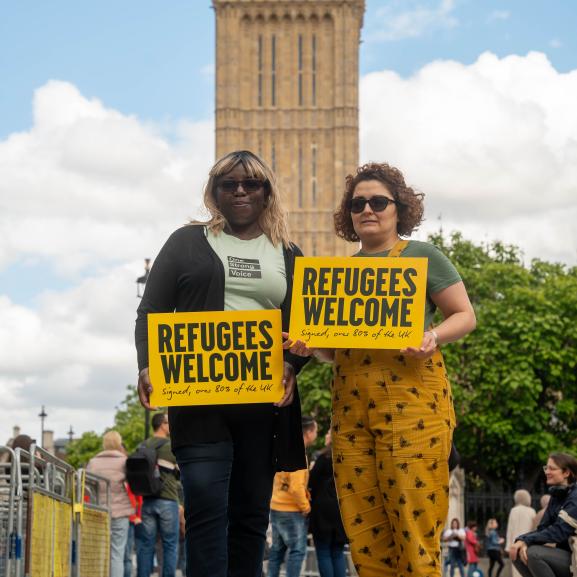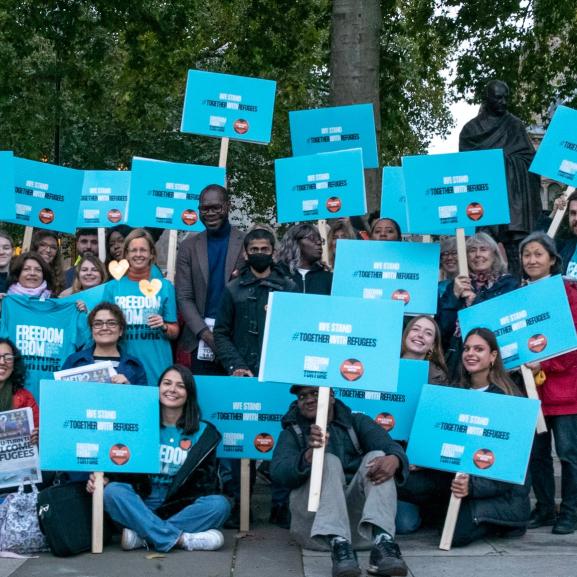Torture in Sri Lanka
In 2009, Sri Lanka’s civil war between the government and the rebel group, the Liberation Tigers of Tamil Elam (LTTE), ended. Many hoped that this would end human rights abuses in the country. However, our evidence shows that the government is still torturing people as recently as 2017.
We have evidence that proves torture took place between 2009 and 2017. This was after the war ended, under the government of Mahinda Rajapaksa and, from 2015, under the supposedly 'human-rights-friendly' government of Maithripala Sirisena.
Though Sirisena's government promised that there would be ‘zero-tolerance’ of torture, our evidence shows torture happening in security operations. Most at risk of torture were ethnically Tamil people who had or were thought to have links with the LTTE.
The Sri Lankan police, military and intelligence forces were responsible for committing these crimes.
Our reports
In February 2019, we released a briefing, Too little change: ongoing torture in security operations in Sri Lanka, based on the cases of 16 Sri Lankan nationals who were detained and tortured between 2015 and 2017.
Drawn from medico-legal reports undertaken by our doctors, our research found that all 16 people were tortured by state officials. The interrogation was used to extract information about alleged links to the LTTE or anti-government activity. None were charged under anti-terror or any other laws.
This briefing follows on from our 2015 report Tainted Peace which recorded the systematic torture of Tamils after the end of the civil war in 2009, under then President Mahinda Rajapaksa.






